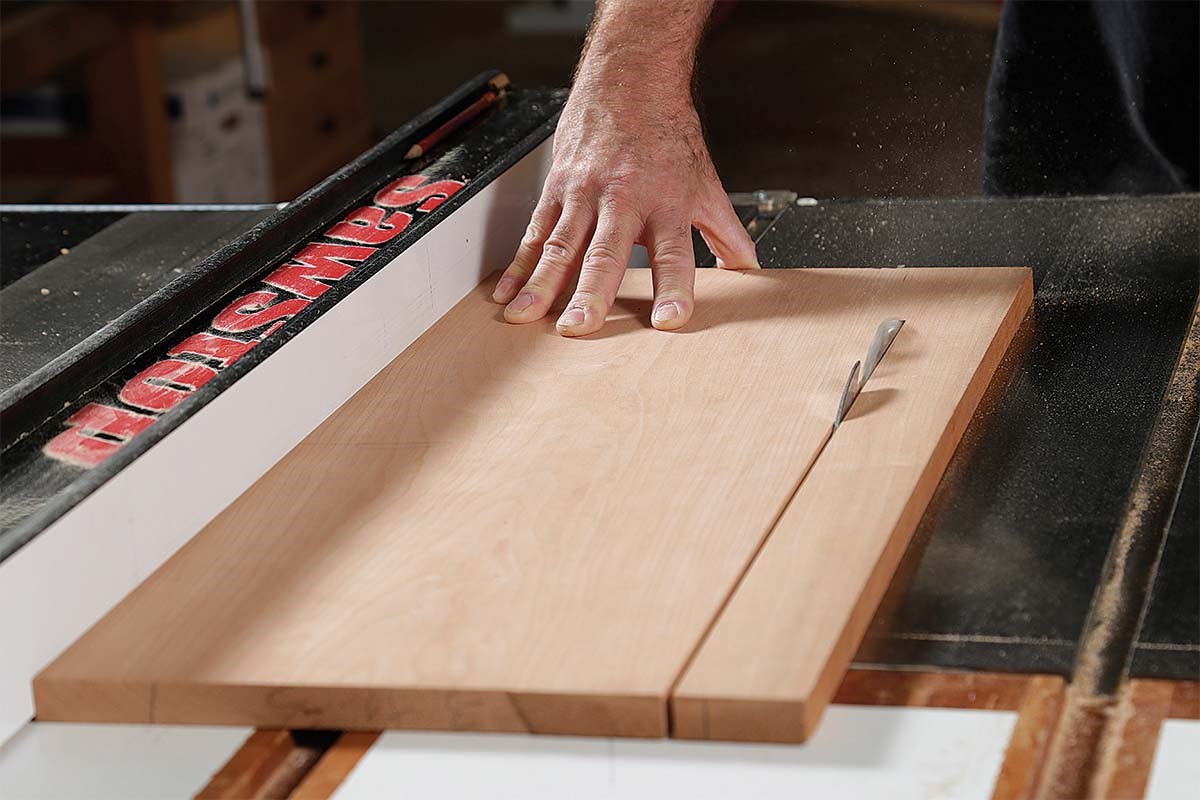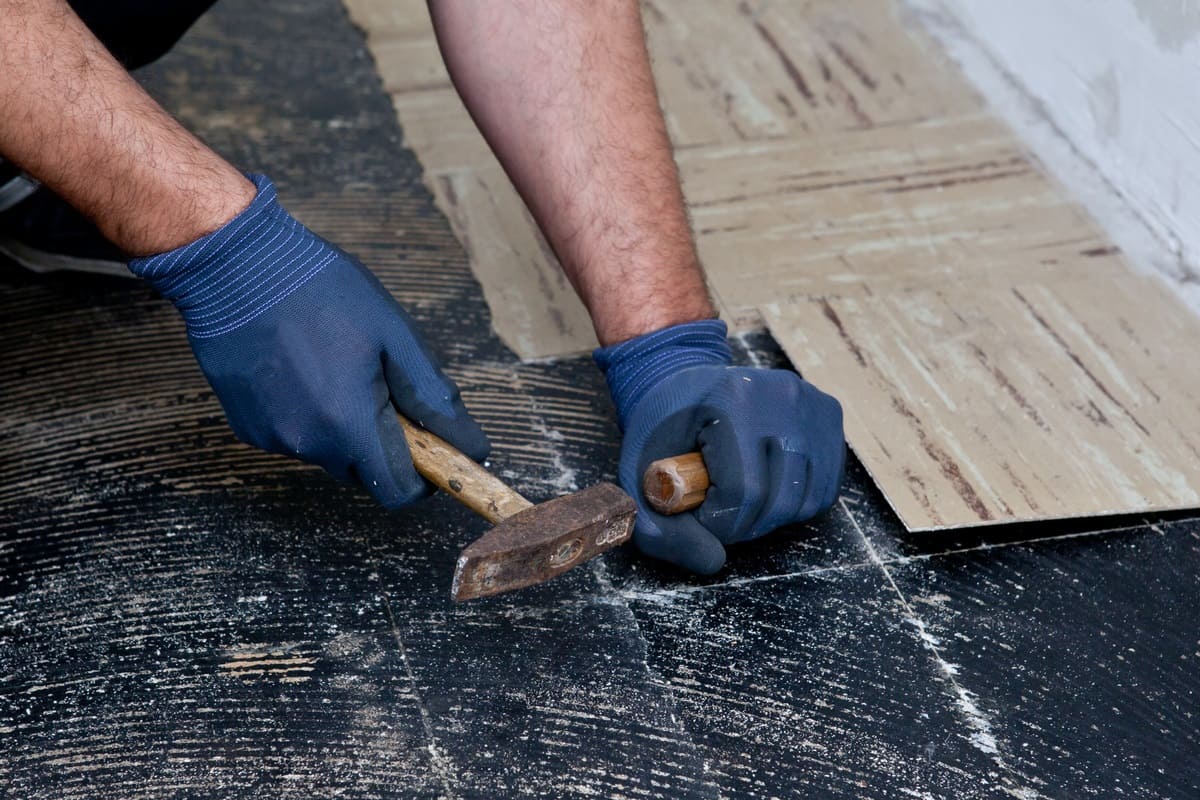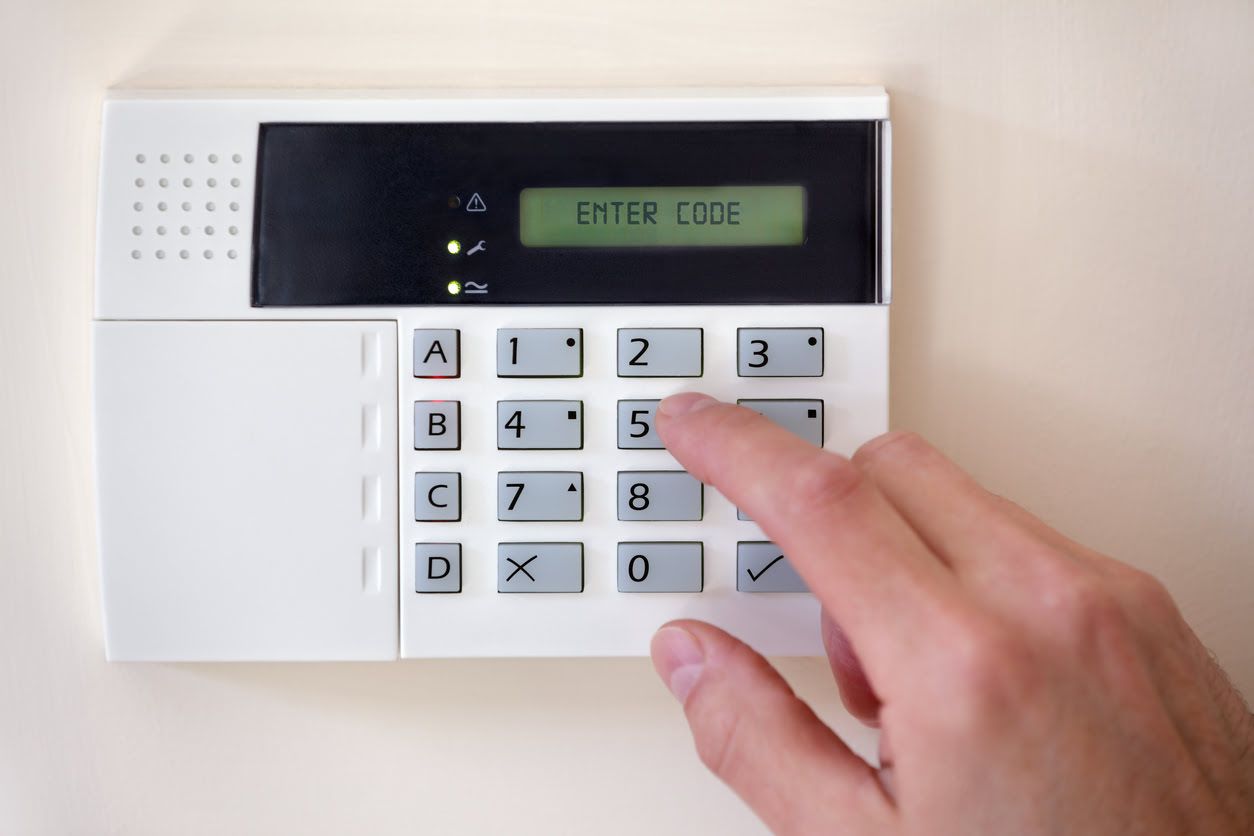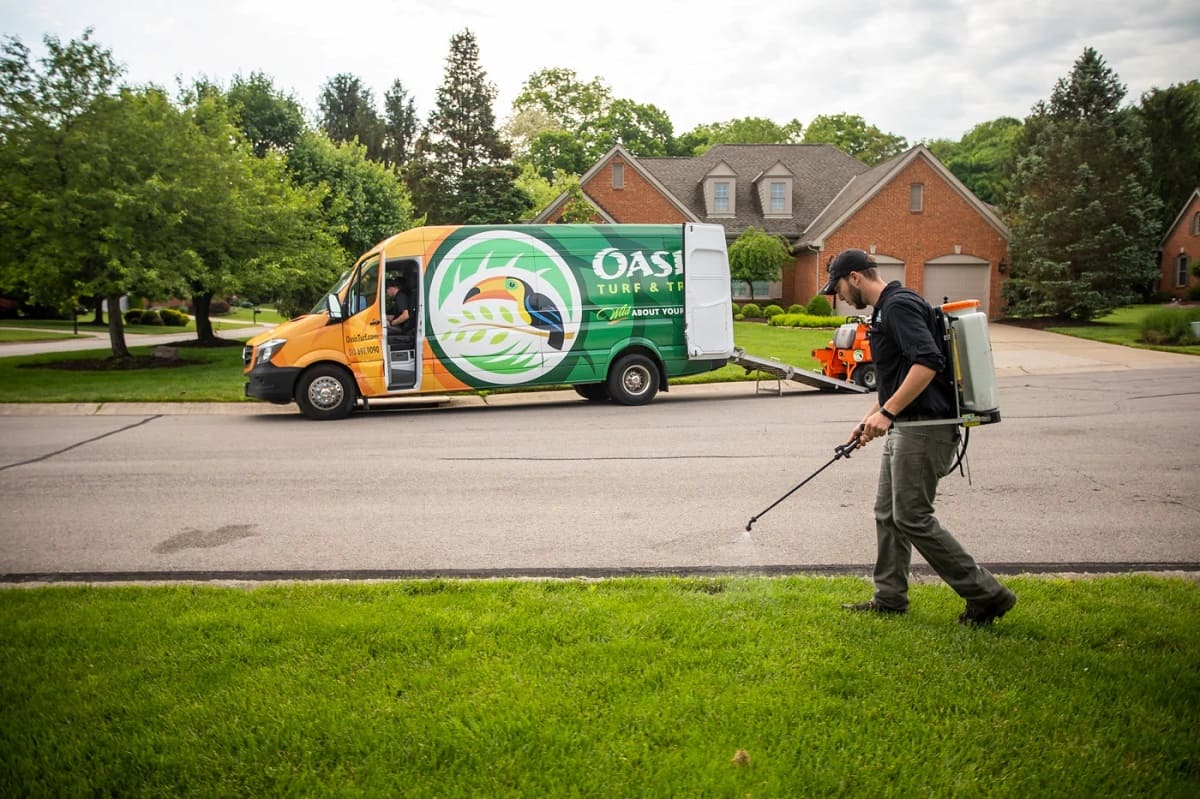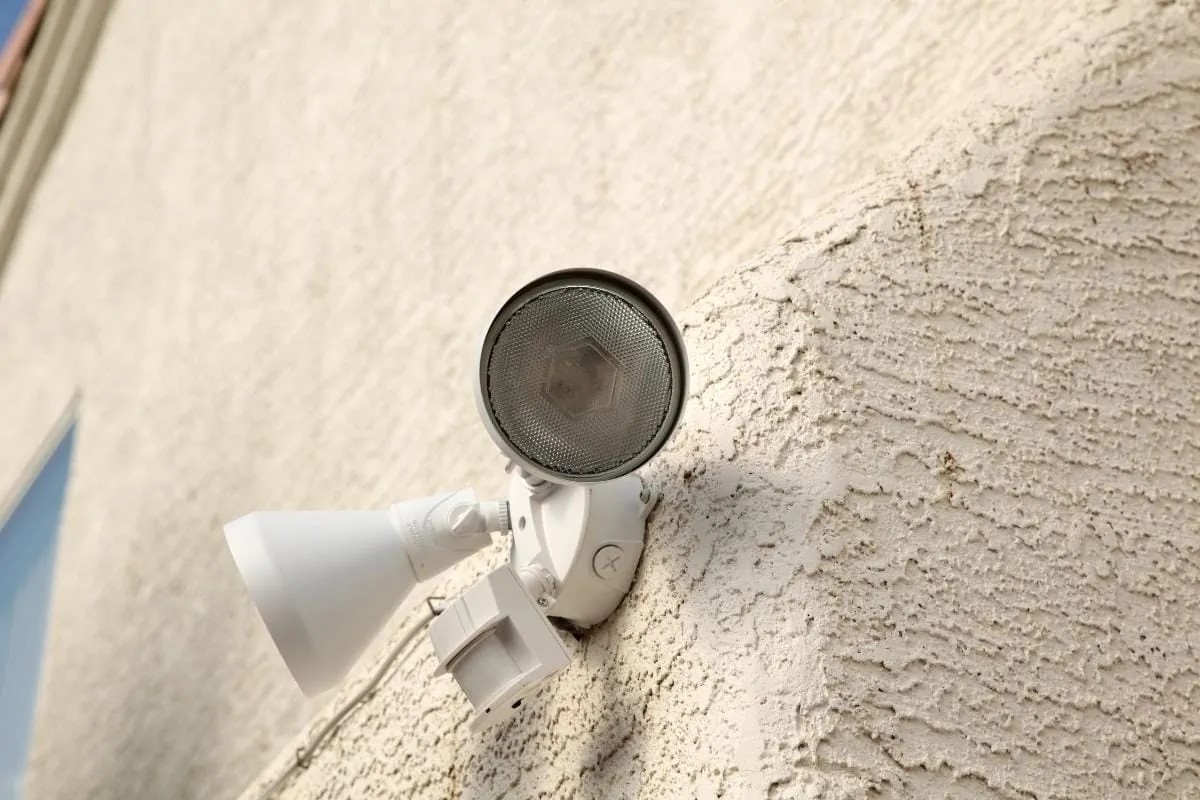Home>Home Maintenance>What To Do With A Rip-Off Charge For Home Repair


Home Maintenance
What To Do With A Rip-Off Charge For Home Repair
Modified: March 6, 2024
Looking to resolve a rip-off charge for home repair? Find expert tips and guidance on handling home maintenance scams to protect your wallet and property.
(Many of the links in this article redirect to a specific reviewed product. Your purchase of these products through affiliate links helps to generate commission for Storables.com, at no extra cost. Learn more)
Introduction
Welcome to our comprehensive guide on how to handle a rip-off charge for home repair. Unfortunately, in the world of home maintenance, there are instances where unsuspecting homeowners fall victim to unscrupulous contractors who overcharge or underdeliver on their services. Dealing with a rip-off charge can be frustrating and overwhelming, but fear not – we’re here to help you navigate through the process.
In this article, we will provide you with actionable steps to take when facing a rip-off charge, ways to gather evidence, consult with professionals, and file a complaint. We’ll also discuss the option of pursuing legal action, as well as strategies to prevent future rip-off charges.
Whether you’ve been the victim of shoddy workmanship, inflated prices, or additional fees that were never discussed upfront, it’s important to arm yourself with knowledge to protect your investment and ensure you get the fair home repairs you deserve.
Without further ado, let’s dive into the details of how to handle a rip-off charge for home repair.
Key Takeaways:
- Don’t be a victim! Prevent rip-off charges by researching contractors, getting written contracts, and communicating openly. Protect your home and your wallet with these proactive steps.
- If faced with a rip-off charge, assess the situation, gather evidence, consult professionals, file a complaint, and consider legal action. Stay patient, factual, and proactive to seek a fair resolution.
Read more: What Is A Core Charge For Calipers
Understanding Rip-Off Charges for Home Repair
Before we delve into how to handle rip-off charges, it’s crucial to understand what exactly qualifies as a rip-off in the realm of home repair. Rip-off charges can encompass a range of unethical practices by contractors, including overcharging, fraudulent billing, subpar workmanship, and unauthorized add-ons.
Overcharging is perhaps the most common form of rip-off charge. It occurs when a contractor intentionally inflates the cost of materials, labor, or both. This can result in homeowners paying significantly more for their repairs or renovations than they should have.
Fraudulent billing is another type of rip-off charge wherein a contractor presents invoices for services or materials that were never provided. This can include charging for premium materials while using cheaper alternatives or billing for hours not worked.
Subpar workmanship refers to instances where a contractor fails to deliver the agreed-upon standard of work. This can include cutting corners, using low-quality materials, or not completing the project according to industry standards.
Unauthorized add-ons occur when a contractor adds extra services or materials to a project without the homeowner’s consent. This can lead to unexpected costs and a feeling of being taken advantage of.
It’s important to note that not all disagreements between homeowners and contractors can be considered rip-off charges. Sometimes, misunderstandings or differences in expectations can lead to conflicts. However, if you genuinely feel that you have been the victim of unfair practices, it’s crucial to take appropriate action.
Now that we have a better understanding of what rip-off charges entail, let’s explore the steps you can take to handle these situations effectively.
Steps to Take When Facing a Rip-Off Charge
Discovering that you’ve been faced with a rip-off charge for home repair can be disheartening, but there are concrete steps you can take to address the issue and protect your rights as a homeowner. Follow these steps to navigate through the process:
- Assess the Situation: Start by evaluating the extent of the rip-off charge. Review the contract, invoices, and any documentation related to the project to understand the specific issues and discrepancies. Take note of the dates, services provided, materials used, and any additional charges that seem unjustified.
- Gather Evidence: Collect as much evidence as possible to support your case. This can include photographs or videos of the faulty workmanship, copies of estimates or quotes from other reputable contractors to compare prices, and any communication with the contractor regarding the project. Keep all documentation organized and readily accessible.
- Consult with Professionals: Seek the advice of professionals who can provide an unbiased opinion. Consider consulting with a licensed home inspector, an attorney specializing in construction law, or even a reputable contractor for a second opinion. These professionals can assess the situation objectively and provide you with valuable guidance and insights.
- File a Complaint: If you believe the contractor has engaged in unethical practices, it’s essential to file a complaint. Start by reaching out to your local consumer protection agency, licensing board, or Better Business Bureau (BBB). Provide them with all relevant documentation and follow their instructions on how to proceed with the complaint. This will help bring attention to the issue and potentially initiate an investigation into the contractor’s practices.
- Consider Legal Action: If the rip-off charge is significant and efforts to resolve the issue through negotiations or complaint filings prove fruitless, you may need to consider legal action. Consult with an attorney who specializes in construction law to assess the strength of your case and discuss your options. They can guide you through the legal process and help you seek a resolution, whether it’s through mediation, arbitration, or court proceedings.
- Prevent Future Rip-Off Charges: Learn from your experience to prevent future rip-off charges. This includes conducting thorough research before hiring a contractor, checking for licensing and insurance, requesting references, and obtaining multiple quotes. Additionally, always insist on a detailed written contract that clearly outlines the scope of work, materials to be used, timelines, and payment terms. Regularly communicate with the contractor throughout the project to ensure transparency and address any concerns promptly.
By following these steps, you can take proactive measures to address a rip-off charge and protect yourself from similar situations in the future. Don’t hesitate to seek professional advice and support to help you navigate through this challenging process.
Assess the Situation
When you find yourself facing a rip-off charge for a home repair, it’s crucial to assess the situation thoroughly before taking any further action. This step will help you gain clarity on the specific issues and discrepancies and provide a foundation for resolving the matter effectively.
Here are some key points to consider when assessing the situation:
- Review the Contract: Start by carefully reviewing the contract you signed with the contractor. Look for any language or clauses that may pertain to the specific issue you’re facing. Pay attention to details such as the scope of work, materials to be used, timelines, payment terms, and any provisions for dispute resolution.
- Examine Invoices and Documentation: Gather all invoices and relevant documentation related to the project. This includes any estimates, quotes, receipts, or correspondence with the contractor. Analyze them in detail to identify any discrepancies or additional charges that were not discussed or agreed upon upfront.
- Document the Issues: Make a comprehensive list of the specific issues or problems you have encountered with the contractor’s services. It can include substandard workmanship, incomplete tasks, delays in project completion, or unauthorized changes to the scope of work. Take notes, and if applicable, take photographs or videos to document evidence of the issues.
- Track Additional Costs: If the contractor has charged you extra for materials, labor, or other expenses beyond what was initially agreed upon, create a detailed record of these additional costs. This will help you calculate the extent of the rip-off charge accurately.
- Assess the Impact: Consider the impact of the rip-off charge on your overall satisfaction with the project and your investment. Determine whether the issues are severe enough to warrant further action, such as seeking a refund, negotiating a resolution, or pursuing legal avenues.
By thoroughly assessing the situation, you’ll have a clear understanding of the specific issues you’re facing and the potential remedies available. This will empower you to take the necessary steps to address the rip-off charge effectively and protect your rights as a homeowner.
Gather Evidence
When faced with a rip-off charge for a home repair, gathering evidence is crucial to support your case and strengthen your position. Solid evidence can substantiate your claims and help you build a compelling argument against the contractor. Here are some key steps to effectively gather evidence:
- Document the Issues: Take clear and detailed photographs or videos of the problems or defects resulting from the contractor’s work. Capture any visible damages, subpar craftsmanship, or unfinished tasks. Documenting the issues visually provides tangible evidence and demonstrates the extent of the problems you’re experiencing.
- Organize Paperwork: Gather and organize all relevant paperwork, such as contracts, invoices, estimates, and receipts. Make sure you have copies of everything for your records. Highlight and annotate any clauses, provisions, or discrepancies that are pertinent to the rip-off charge. Having organized paperwork will make it easier for you to present your case to relevant parties, such as consumer protection agencies or legal professionals.
- Obtain Third-Party Opinions: Seek the opinions of independent third parties who can provide unbiased assessments of the work performed. This may include hiring a licensed home inspector or another reputable contractor to evaluate and document the issues in writing. Their professional assessment can carry weight when presenting your case to authorities or during legal proceedings.
- Collect Written Communication: Compile any written communication you’ve had with the contractor, such as emails, text messages, or letters. These exchanges may contain important information regarding the repairs, changes, or complaints made during the project. These written records can serve as valuable evidence of the communication breakdown or discrepancies.
- Keep a Detailed Timeline: Create a timeline of the project, noting key dates, milestones, and any significant events or interactions with the contractor. Include dates of contracts signed, payments made, work started and completed, and any disputes or issues that arose along the way. A detailed timeline provides a chronological overview of the project and helps establish the sequence of events.
Remember, the evidence you gather will play a vital role in supporting your claims and strengthening your position. The more comprehensive and compelling your evidence is, the better chance you have of resolving the rip-off charge in your favor. Keep all your evidence organized and easily accessible as you move forward in addressing the issue.
Before hiring a home repair service, always research the company, ask for references, and get multiple quotes. If you feel you’ve been ripped off, report it to the Better Business Bureau and your state’s consumer protection agency.
Consult with Professionals
When facing a rip-off charge for a home repair, seeking the advice and guidance of professionals can provide valuable insights and assistance throughout the resolution process. Consulting with experts in relevant fields can help you make informed decisions and navigate the complexities of your situation. Here are some professionals you may consider consulting with:
- Home Inspector: Hire a licensed home inspector to assess the quality of the contractor’s workmanship and identify any code violations or structural issues. A home inspector can provide an objective evaluation of the problems you’re experiencing and document their findings in a detailed report. This report can serve as compelling evidence and support your case when dealing with authorities or pursuing legal action.
- Construction Law Attorney: If the rip-off charge is significant or if your attempts to resolve the issue have been unsuccessful, consulting with an attorney specializing in construction law is advisable. They can review your case, assess your legal rights and options, and provide guidance on the best course of action. An attorney can also help you understand the applicable laws, contract terms, and potential avenues for seeking compensation or resolution.
- Reputable Contractor: Seek the opinion of a reputable contractor who can provide an unbiased assessment of the work performed by the contractor in question. They can evaluate the quality of the materials used, the craftsmanship, and whether the project aligns with industry standards. Their professional opinion can carry weight when presenting your case and help support your claims of subpar workmanship or overcharging.
- Consumer Protection Agency: Contact your local consumer protection agency to report the rip-off charge and seek guidance. Consumer protection agencies can provide you with information about your rights as a homeowner and assist you in filing a complaint. They may also have resources and mediation services to help resolve disputes between homeowners and contractors.
Consulting with professionals not only helps you gain expert advice and insights but can also boost your confidence in pursuing a resolution. They can guide you through the process, provide you with a realistic assessment of your options, and help you make informed decisions based on their expertise. Remember to come prepared with all relevant documentation, including contracts, invoices, and evidence, to make the most out of your consultations.
File a Complaint
When dealing with a rip-off charge for a home repair, filing a complaint is an important step in seeking resolution and bringing attention to the unethical practices of the contractor. By filing a complaint, you have the opportunity to hold the contractor accountable and potentially prevent others from falling victim to the same situation. Follow these steps to effectively file a complaint:
- Gather Documentation: Collect all relevant documentation, including contracts, invoices, estimates, receipts, photographs, videos, and any written communication with the contractor. Compile and organize these documents to create a comprehensive file that supports your complaint.
- Research the Proper Authority: Identify the appropriate authority or agency to file your complaint with. This could be your local consumer protection agency, licensing board, or the Better Business Bureau (BBB). Check their website or contact them directly to ensure you understand their complaint process and any specific requirements or forms that need to be submitted.
- Compose a Detailed Complaint: Write a clear and concise complaint letter detailing the issues you’ve faced with the contractor. Be specific about the problems encountered, provide dates, and reference any relevant documentation. Explain how these issues have impacted you and why you believe the contractor’s practices constitute a rip-off charge. Use a professional and respectful tone throughout the letter.
- Include Supporting Evidence: Attach copies of all relevant documentation to your complaint letter. This includes contracts, invoices, estimates, receipts, photographs, videos, and any other evidence that substantiates your claims. Label each document clearly and provide explanations or annotations where necessary.
- Submit the Complaint: Follow the complaint submission guidelines provided by the designated authority. This may involve mailing a physical copy of your complaint letter and supporting evidence or submitting it electronically through an online form. Keep copies of everything you submit for your records.
- Follow Up and Cooperate: After filing your complaint, follow up with the relevant authority to ensure they have received it and inquire about the next steps. Be responsive and cooperative if they require additional information or documentation from you. Provide any requested updates promptly and maintain open lines of communication.
Filing a complaint is an essential step in seeking resolution and justice for the rip-off charge you’ve experienced. It helps bring attention to unethical practices, protects other homeowners from falling victim to the same contractor, and may result in investigations, sanctions, or other remedies. Be patient throughout the process, as it may take time to reach a resolution.
Keep copies of all correspondence and documentation related to the complaint, as you may need them if you decide to pursue legal action or escalate the matter further. It’s also worth considering consulting with a legal professional who can guide you on the best course of action based on your specific circumstances.
Consider Legal Action
If your efforts to resolve the rip-off charge through negotiations, complaints, or mediation have been unsuccessful, or if the magnitude of the rip-off charge warrants legal intervention, it may be necessary to consider taking legal action. Consulting with an attorney specializing in construction law can help you assess the strength of your case and determine the appropriate legal steps to take. Here are some important considerations when contemplating legal action:
- Review Your Contract: Carefully review the terms and conditions of the contract you signed with the contractor. Look for any clauses related to dispute resolution or breach of contract. Understand your rights and obligations as outlined in the agreement.
- Consult an Attorney: Seek legal advice from an attorney experienced in construction law. They can evaluate your case, review the relevant documentation, and provide an expert opinion on the viability and potential success of your legal action. They can guide you through the legal process, explain your rights, and help you understand the available legal remedies.
- Document Your Damages: Document any losses or damages you have suffered as a result of the contractor’s rip-off charge. This may include the cost of additional repairs, the value of unfinished work, or any financial losses incurred due to their actions. Maintain records and receipts of all expenses associated with rectifying the issues caused by the contractor.
- File a Lawsuit: If your attorney advises that you have a strong case, you may choose to file a lawsuit against the contractor. Your attorney will guide you through the necessary steps, including drafting and filing the complaint, serving the defendant with legal documents, and representing you in court. Be prepared for the possibility of a lengthy and complex legal process.
- Consider Alternative Dispute Resolution: Depending on your jurisdiction and the terms of your contract, alternative dispute resolution methods such as mediation or arbitration may be available. These methods can provide a faster and more cost-effective route to resolving your dispute, often without the need for a formal court proceeding. Consult with your attorney to determine if these options are suitable for your case.
- Seek Compensation: The goal of legal action is often to seek compensation for the damages and losses you have incurred. This may include reimbursement for any overcharged amounts, costs associated with rectifying the contractor’s subpar workmanship, or other financial losses resulting from the rip-off charge. Your attorney will advocate for your rights and pursue a fair resolution on your behalf.
Legal action should be considered as a last resort after exhausting other options for resolution. Engaging in a lawsuit can be a lengthy and potentially costly process. However, in cases of significant rip-off charges or when all other attempts at resolution have failed, pursuing legal action may be necessary to protect your rights as a homeowner and seek the compensation you deserve.
Consulting with an attorney will ensure that you fully understand your legal options and have the best chance of a successful outcome. They will guide you through the process, represent your interests, and work towards resolving the rip-off charge in your favor.
Prevent Future Rip-Off Charges
While dealing with a rip-off charge for home repair can be a frustrating and challenging experience, there are steps you can take to prevent falling victim to similar situations in the future. By being proactive and diligent in your approach to hiring contractors and managing home repair projects, you can safeguard yourself against rip-off charges. Here are some essential tips to help prevent future rip-off charges:
- Thoroughly Research Contractors: Before hiring a contractor, conduct thorough research. Look for reputable contractors with a solid track record and positive customer reviews. Seek recommendations from friends, family, and neighbors who have had successful experiences with contractors. Check their credentials, licenses, and insurance status to ensure they are qualified and reliable.
- Obtain Multiple Quotes: Don’t settle for the first contractor you come across. Obtain multiple quotes from different contractors for your project. This will give you a better understanding of the fair market price and help you spot any drastic price variations or suspiciously low bids that could indicate a potential rip-off charge. Consider the quotes alongside other factors, such as reputation and experience, to make an informed decision.
- Get Everything in Writing: Always insist on a detailed, written contract that clearly outlines the scope of work, materials to be used, timelines, payment terms, and any other relevant details. Review the contract carefully before signing and make sure you understand and agree with all the terms. A written contract provides legal protection and ensures that both you and the contractor are on the same page throughout the project.
- Communicate Regularly: Maintain open and regular communication with the contractor throughout the project. Discuss any concerns or changes in the scope of work promptly. By staying involved and engaged, you can help prevent misunderstandings and nip potential issues in the bud. Clear and consistent communication fosters a transparent working relationship with the contractor.
- Monitor the Work: Keep a close eye on the work being done. Regularly inspect the quality of workmanship and ensure that materials used align with what was agreed upon. Don’t hesitate to question or seek clarification if something doesn’t look right. Early intervention can help address any potential problems before they become major issues.
- Retain Documentation: Maintain thorough documentation throughout the project. Keep records of contracts, invoices, receipts, permits, and any other relevant paperwork. Take photos or videos of each stage of the work to document progress and the quality of the craftsmanship. These records serve as evidence should any disputes or issues arise in the future.
By implementing these preventive measures, you can minimize the risk of encountering rip-off charges and ensure a smoother experience for future home repair projects. Remember, prevention is always better than cure, so invest time and effort upfront to choose trustworthy contractors and establish clear expectations. It’s worth it for the long-term peace of mind and satisfaction with the work performed on your home.
Read more: What To Do If A Burglar Alarm Goes Off
Conclusion
Dealing with a rip-off charge for home repair can be a challenging and frustrating experience, but by following the right steps, you can protect yourself and seek a fair resolution. Remember, prevention is key, so thoroughly research contractors, obtain multiple quotes, and have a detailed written contract in place for every project. Regular communication and monitoring of the work can help address any issues early on.
If you find yourself facing a rip-off charge, take swift action. Assess the situation, gather evidence, and consult with professionals such as home inspectors or attorneys specializing in construction law. Filing a complaint with the appropriate authorities and considering legal action may be necessary if other attempts at resolution fail.
As you navigate through this process, remember to remain patient, factual, and professional in all interactions. Maintain thorough documentation of all the correspondence and evidence related to the rip-off charge. This will strengthen your case and support your claims should you need to escalate the matter further.
Finally, learn from your experience to prevent future rip-off charges. Thorough research, clear communication, and careful documentation will go a long way in ensuring a positive and fair home repair experience moving forward.
By staying informed, being proactive, and taking the necessary steps to address rip-off charges, you can protect your rights as a homeowner and maintain the integrity of your home repairs. Though it may be a challenging process, the outcome will be worth it – ensuring that your home is well-maintained, your investment is protected, and you can enjoy peace of mind for years to come.
Frequently Asked Questions about What To Do With A Rip-Off Charge For Home Repair
Was this page helpful?
At Storables.com, we guarantee accurate and reliable information. Our content, validated by Expert Board Contributors, is crafted following stringent Editorial Policies. We're committed to providing you with well-researched, expert-backed insights for all your informational needs.
